Q. What is an Emergency Use Authorization (EUA)?
A: Under section 564 of the Federal Food, Drug & Cosmetic Act, the FDA may, pursuant to a declaration by the HHS Secretary based on one of four types of determinations, authorize an unapproved product or unapproved uses of an approved product for emergency use. In issuing an EUA, the FDA must determine, among other things, that, based on the totality of scientific evidence available, including data from adequate and well-controlled clinical trials, if available, it is reasonable to believe that the product may be effective in diagnosing, treating, or preventing a serious or life-threatening disease or condition caused by a chemical, biological, radiological, or nuclear agent; that the known and potential benefits, when used to treat, diagnose or prevent such disease or condition, outweigh the known and potential risks for the product; and that there are no adequate, approved, and available alternatives. Emergency use authorization is NOT the same as FDA approval or licensure.
Q. What does this EUA authorize? Are there limitations of the authorized use under this EUA?
A. This EUA authorizes bebtelovimab, manufactured by Eli Lilly and Company (Lilly) for the treatment of mild-to-moderate COVID-19 in adults and pediatric patients (12 years of age and older weighing at least 40 kg) with positive results of direct SARS-CoV-2 viral testing, and who are at high risk for progression to severe COVID-19, including hospitalization or death, and for whom alternative COVID-19 treatment options approved or authorized by FDA are not accessible or clinically appropriate.
Bebtelovimab is not authorized for treatment of mild-to-moderate COVID-19 in geographic regions where infection is likely to have been caused by a non-susceptible SARS-CoV-2 variant based on available information including variant susceptibility to these drugs and regional variant frequency.
• FDA will monitor conditions to determine whether use in a geographic region is consistent with this scope of authorization, referring to available information, including information on variant susceptibility [see Microbiology (12.4) in the Fact Sheet for Health Care Providers], and CDC regional variant frequency data.
• FDA’s determination and any updates will be available at Emergency Use Authorizations for Drugs and Non-Vaccine Biological Products. Bebtelovimab is not authorized for use in patients who:
• are hospitalized due to COVID-19 OR
• require oxygen therapy and/or respiratory support due to COVID-19, OR
• require an increase in baseline oxygen flow rate and/or respiratory support due to COVID-19 and are on chronic oxygen therapy and/or respiratory support due to underlying non-COVID-19 related comorbidity. Treatment with bebtelovimab has not been studied in patients hospitalized due to COVID-19. Monoclonal antibodies, such as bebtelovimab, may be associated with worse clinical outcomes when administered to hospitalized patients with COVID-19 requiring high flow oxygen or mechanical ventilation.
Q. How are the monoclonal antibody therapies affected by the SAR-CoV-2 viral variants in the U.S.?
A: Circulating SARS-CoV-2 viral variants may be associated with resistance to monoclonal antibodies. The frequency of these variants is being monitored by the FDA, Centers for Disease Control and Prevention (CDC), and other stakeholders. Health care providers should review the Antiviral Resistance information in the authorized Fact Sheets for each monoclonal antibody therapy (see Section 12.4 for bebtelovimab) available under an EUA for details regarding specific variants and resistance. Health care providers should also refer to the CDC website on Variant Proportions, and information from state and local health authorities regarding reports of viral variants of importance in their region to guide treatment decisions.
Q: What does direct SARS-CoV-2 viral testing mean?
A: Direct SARS-CoV-2 viral tests diagnose current COVID-19 infection. Direct SARS-CoV-2 viral tests include two types of diagnostic tests for COVID-19:
• Molecular tests, such as reverse transcription polymerase chain reaction (RT-PCR) tests, that detect the virus’s genetic material.
• Antigen tests that detect specific proteins from the virus. Antibody tests should not be used to diagnose COVID-19 and are not direct SARS-CoV-2 viral tests. Antibody tests look for antibodies that the immune system makes in response to the SARS-CoV-2 virus.
Q. How is high risk defined under the EUA?
A. Information about medical conditions that place a patient with mild-to-moderate COVID-19 at increased risk for disease progression or death can be found at the Centers for Disease Control and Prevention site: People with Certain Medical Conditions. Healthcare providers should consider the benefit-risk for an individual patient.
Q. Can adults weighing less than 40 kg receive bebtelovimab?
A: Yes. Bebtelovimab is authorized for the treatment of mild-to-moderate COVID-19 in adults and pediatric patients (12 years of age and older weighing at least 40 kg) with positive results of direct SARSCoV-2 viral testing, and who are at high risk for progression to severe COVID-19, including hospitalization or death. Adults can be treated regardless of their weight; pediatric patients must be at least 12 years of age and weigh at least 40 kg.
Q. When should bebtelovimab be administered to a patient?
A. The EUA authorizes bebtelovimab to be administered by a qualified healthcare provider as a single intravenous infusion (IV) as soon as possible after positive viral test for COVID-19 and within seven (7) days of symptom onset. Bebtelovimab must be administered as a single IV infusion over at least 30 seconds. More information about administration is available in the Fact Sheet for Health Care Providers.
Q: Does “within seven (7) days of symptom onset” mean that a patient should have shown symptoms to receive bebtelovimab for its treatment use?
A. Yes. Symptom onset is the point at which a patient starts exhibiting symptoms. Patients should be treated as soon as possible after a positive viral test for SARS-CoV-2 and within seven (7) days of COVID- 2/11/2022 19 symptom onset. If a patient has a positive viral test for SARS-CoV-2 but does not show symptoms, they do not meet the definition of mild-to-moderate disease. For more information on mild-to-moderate COVID-19, refer to the National Institutes of Health’s website at: Clinical Spectrum | COVID-19 Treatment Guidelines (nih.gov).
Q. Does the EUA permit the use of bebtelovimab as authorized in patients hospitalized for reasons other than COVID-19?
A. If a patient is hospitalized for reasons other than COVID-19, such as for an elective orthopedic procedure, and the patient reports mild-to-moderate symptoms of COVID-19, confirmed with positive results of a direct SARS-CoV-2 viral test, then treatment with bebtelovimab is authorized, if the patient is also at high risk for progression to severe COVID-19, including hospitalization or death, and the terms and conditions of the authorization are met, as detailed in the Fact Sheet for Health Care Providers. Bebtelovimab is not authorized for use in patients:
• who are hospitalized due to COVID-19, or
• who require oxygen therapy and/or respiratory support due to COVID-19, or
• who require an increase in baseline oxygen flow rate and/or respiratory support due to COVID19 (in those on chronic oxygen therapy due to underlying non-COVID-19 related comorbidity)
Q. Where are infusions of bebtelovimab available?
A. The following website contains information regarding access to monoclonal antibody treatments for COVID-19 through the HHS COVID-19 Therapeutic Locator. Bebtelovimab may only be administered in settings in which health care providers have immediate access to medications to treat a severe infusion reaction, such as anaphylaxis, and have the ability to activate the emergency medical system, if necessary. Please speak with your doctor or contact your local or state public health department for more information.
Q. Is bebtelovimab approved by the FDA to treat COVID-19?
A. No. Bebtelovimab is an investigational drug. It is not currently FDA-approved to treat any diseases or conditions, including COVID-19.
Q. Is bebtelovimab a monoclonal antibody? What are monoclonal antibodies?
A. Yes, Bebtelovimab is a monoclonal antibody. Monoclonal antibodies are laboratory-produced molecules engineered to serve as substitute antibodies that can restore, enhance or mimic the immune system's attack on pathogens. Bebtelovimab is designed to block viral entry into human cells, thus neutralizing the virus.
Q. Are there data showing bebtelovimab might benefit patients with COVID-19?
A. Yes. These data and a detailed discussion of FDA’s overall benefit risk assessment for bebtelovimab can be found in Section 14 of the authorized Fact Sheet for Health Care Providers. To summarize, the clinical data are from a phase 2, randomized, single-dose clinical trial evaluating the efficacy of bebtelovimab alone and bebtelovimab combined with other monoclonal antibodies for treating mild-to-moderate COVID-19. 2/11/2022
• The placebo-controlled portion of the trial enrolled 380 low-risk patients (i.e., patients without risk factors for progression to severe COVID-19). Patients in this part of the trial were randomized to receive a single infusion of bebtelovimab alone, bebtelovimab with other monoclonal antibodies, or a placebo. Treatment with bebtelovimab resulted in a reduction in time to sustained symptom resolution compared to placebo. Reduction in viral load relative to placebo was also seen on Day 5 after treatment. • In another part of the trial involving mostly high-risk individuals (i.e., patients with risk factors for progression to severe COVID-19), 150 patients were randomized to receive a single infusion of bebtelovimab alone or a single infusion of bebtelovimab with other monoclonal antibodies. An additional 176 high-risk patients received bebtelovimab with other monoclonal antibodies in an open-label treatment arm (a type of clinical trial in which the specific treatment is disclosed to trial participants).
• The rates of COVID-19 related hospitalization and death through Day 29 seen in those who received bebtelovimab alone or with other monoclonal antibodies were generally lower than the placebo rate reported in prior trials of other monoclonal antibodies in high risk patients. Conclusions are limited as these data are from different trials that were conducted when different viral variants were circulating and baseline risk factors varied.
Q. Are there side effects (adverse events) of bebtelovimab?
A. Serious hypersensitivity reactions, including anaphylaxis, have been observed with administration of other SARS-CoV-2 monoclonal antibodies and could occur with administration of bebtelovimab. If signs or symptoms of a clinically significant hypersensitivity reaction or anaphylaxis occur, immediately discontinue administration and initiate appropriate medications and/or supportive care. Infusion-related reactions have been observed in clinical trials of bebtelovimab when administered with other monoclonal antibodies and may occur with use of bebtelovimab alone. Signs and symptoms of infusion-related reactions may include:
• fever, chills, nausea, headache, bronchospasm, hypotension, angioedema (swelling under the skin), throat irritation, rash including urticaria, pruritus, myalgia, or dizziness. There have been reports of clinical worsening of COVID-19 after administration of COVID-19 monoclonal antibodies under EUA; signs or symptoms may include fever, hypoxia or increased respiratory difficulty, arrhythmia (e.g., atrial fibrillation, sinus tachycardia, bradycardia), fatigue, and altered mental status. Some of these events required hospitalization. It is not known if these events were related to COVID-19 monoclonal antibody use or were due to progression of COVID-19. The following adverse reactions (i.e., adverse events assessed as causally related) have been observed in those who have received bebtelovimab alone or when administered with other monoclonal antibodies at the authorized dose or higher:
• Infusion-related reactions (n=2, 0.3%)
• Itching (n=2, 0.3%)
• Rash (n=5, 0.8%) 2/11/2022 The most common treatment-emergent adverse events observed in subjects treated with bebtelovimab, alone or in combination with bamlanivimab and etesevimab, at the authorized dose or higher included nausea (0.8%) and vomiting (0.7%). These are not all the possible side effects of bebtelovimab. Serious and unexpected side effects may happen. It is possible that all of the risks are not known at this time.
Q. How can bebtelovimab be obtained for use under the EUA?
A. For questions on how to obtain bebtelovimab under current distribution procedures, please contact us
Q. Are there reporting requirements for healthcare facilities and providers as part of the EUA?
A. Yes. As part of the EUA, FDA requires health care providers who prescribe bebtelovimab to report all medication errors and serious adverse events considered to be potentially related to bebtelovimab through FDA’s MedWatch Adverse Event Reporting program. Providers can complete and submit the report online; or download and complete the form, then submit it via fax at 1-800-FDA-0178. This requirement is outlined in the EUA’s Fact Sheet for Health Care Providers. FDA MedWatch forms should also be provided to Lilly.
Q. Do patient outcomes need to be reported under the EUA?
A. No, reporting of patient outcomes is not required under the EUA. However, reporting of all medication errors and serious adverse events considered to be potentially related to bebtelovimab is required.
Q. Does the EUA authorize bebtelovimab to be used to prevent COVID-19?
A. No. Bebtelovimab is not authorized for the prevention of COVID-19
Q. Can health care providers share the Fact Sheet for Patient, Parents, and Caregivers electronically?
A. The letter of authorization for bebtelovimab permits Lilly and its authorized distributors to make the Fact Sheets available to healthcare facilities and health care providers through electronic means.
Q. Can I be vaccinated for COVID-19 if I was treated with a monoclonal antibody for COVID-19?
A. Health care providers should refer to recommendations of the Advisory Committee on Immunization Practices regarding vaccination.
You may read the download the Original edition from the FDA website at the link,
https://www.fda.gov/media/156154/download
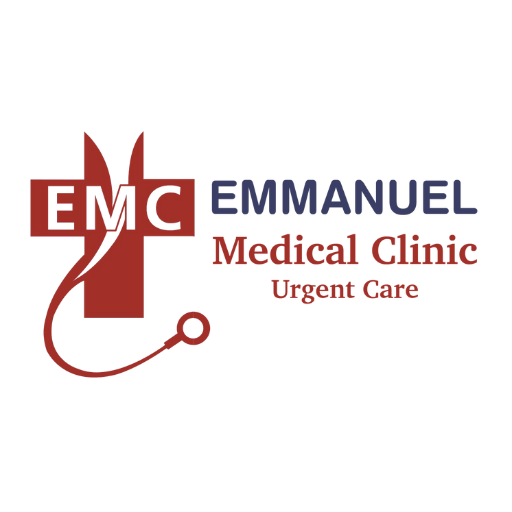
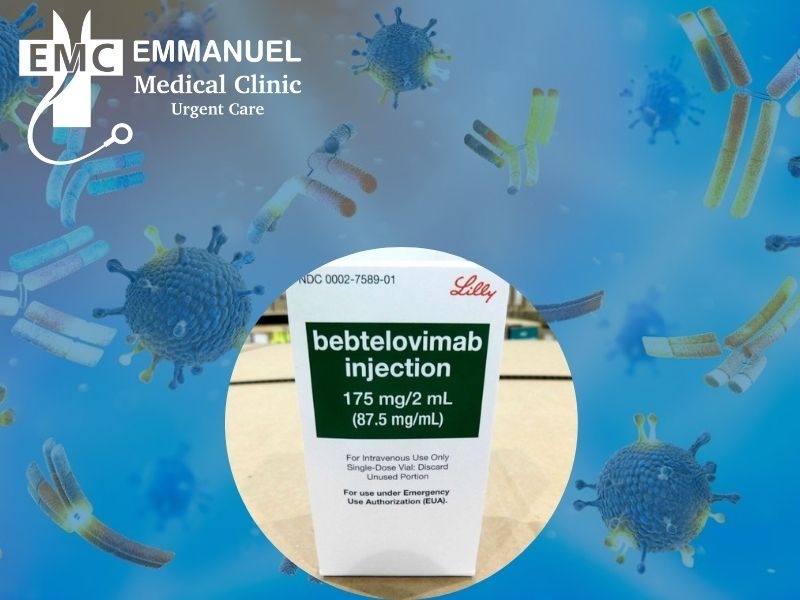
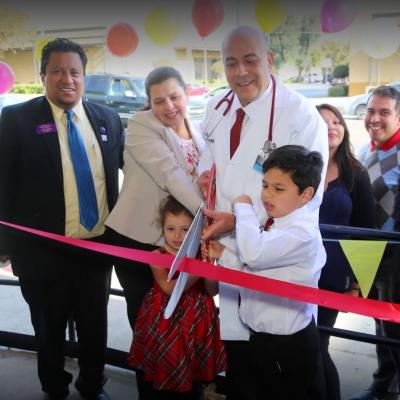
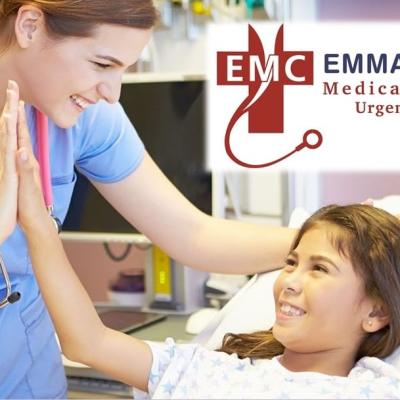
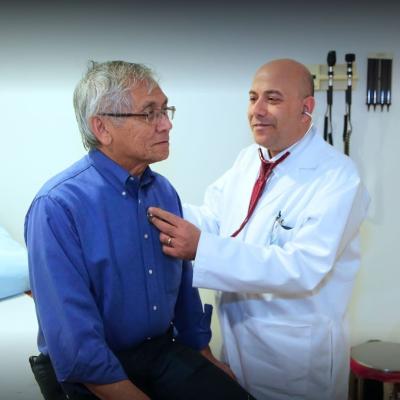


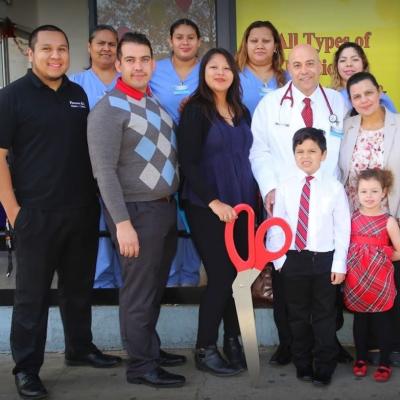


 And then Add to Home Screen.
And then Add to Home Screen.